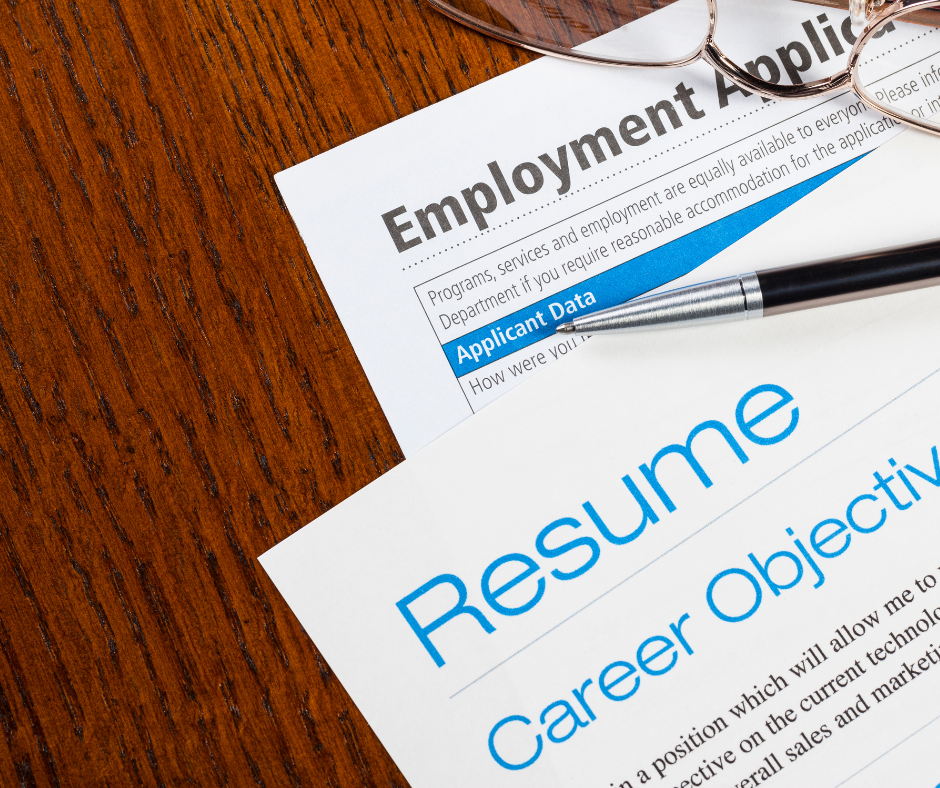Whether you're in the final straight of your last year, or have just finished your first semester as a fresher, it's never too early to start thinking about your career and the real, outside world that awaits you once you conclude your time at university. From applying to jobs, to building your CV and gaining experience, there's always something you can be doing to improve your chances of gaining employment when the time comes. Check out our top tips to make sure you're as employable as can be when the time comes.
Build your CV
A CV isn't something you should throw together at the last minute when you spot your dream job. As soon as you start to plan your future career, and at the very latest once you start university, you should begin the CV building process. It isn't just a document you finish and store away, as you'll constantly be progressing whilst doing your degree, meaning that you should add relevant points as and when they crop up. A strong CV is essential, as it's effectively your first impression when applying for a job. Formatting is crucial, as a childish font will look unprofessional, however you don't want something to look ugly, as that is also a turn off to employers. Spelling and grammar mistakes will jump out glaringly to anyone who reads your CV, so make sure it's accurate, or you'll never even get to the interview stage.
Gain experience
Your CV is an important tool, however it won't be much use if it is lacking experience. In tough economic times, organisations want graduate students who know the feel of the industry, and gaining experience means that you'll be able to come into a working environment and adapt quicker than you would otherwise. Competition is high for jobs in any industry, and through gaining work placements and experience you're making yourself stand out from the crowd. University can be tough, but over the three years (or longer) of your degree, you'll have plenty of free time and holidays. Make the most of them by contacting local companies and getting some unpaid experience. It's all worthwhile in the end and is probably the most important aspect of your CV.
Network
It might seem like a bit of a stretch for a student, but there will always be occasions to network. Over the course of your degree, many universities and courses will bring in guest lecturers from the industry, so this is a great place to start. Create a business card if it's suitable to your industry, so that if you get a quick 20 seconds to chat with industry professionals, you can hand over your email and telephone number to them in case they can be utilised in the future. If you're not lucky enough to network in person, or get to industry events, why not make the most of technology? Social media sites such as Twitter and LinkedIn provide you the opportunity to search out professionals from your industry. Interact with others on relevant topics and engage with people in a way that gets you noticed.
Search for graduate schemes
Graduate schemes are a great way to break into many industries, especially if you're aiming to establish yourself and learn at the best and biggest companies. Grad schemes are an option for nearly every industry, and many can easily be found online. Websites such as Milkround aggregate all schemes and internships, so that you can easily search for those relevant to your degree or desired industry of work. Remember, these are often available at the largest and most successful companies, so you'll be facing stiff competition and need to distance yourself from the field to be successful. In many cases, it's the best and brightest that are chosen, thanks to rigorous application requirements and a number of interview phases. A strong CV and good experience is often vital to land a place on these schemes.
Be speculative
Not all jobs are listed, and that is something that is very important to remember once your job hunt begins. Listed jobs on company websites often see huge amounts of interest. Be smart and search out companies in which you'd be interested in working, and do a bit of background research. Taper your covering letter to suit the business and they'll be impressed that you're compatible with the way the organisation works. Make an impression on a company and you'll stay in the forefront of their thoughts, even if there is no job currently available. Being speculative and making an impression often is the most effective way to go when job hunting and distancing yourself from the pack.
Photo Credit:
krameroneill via
Compfight cc
